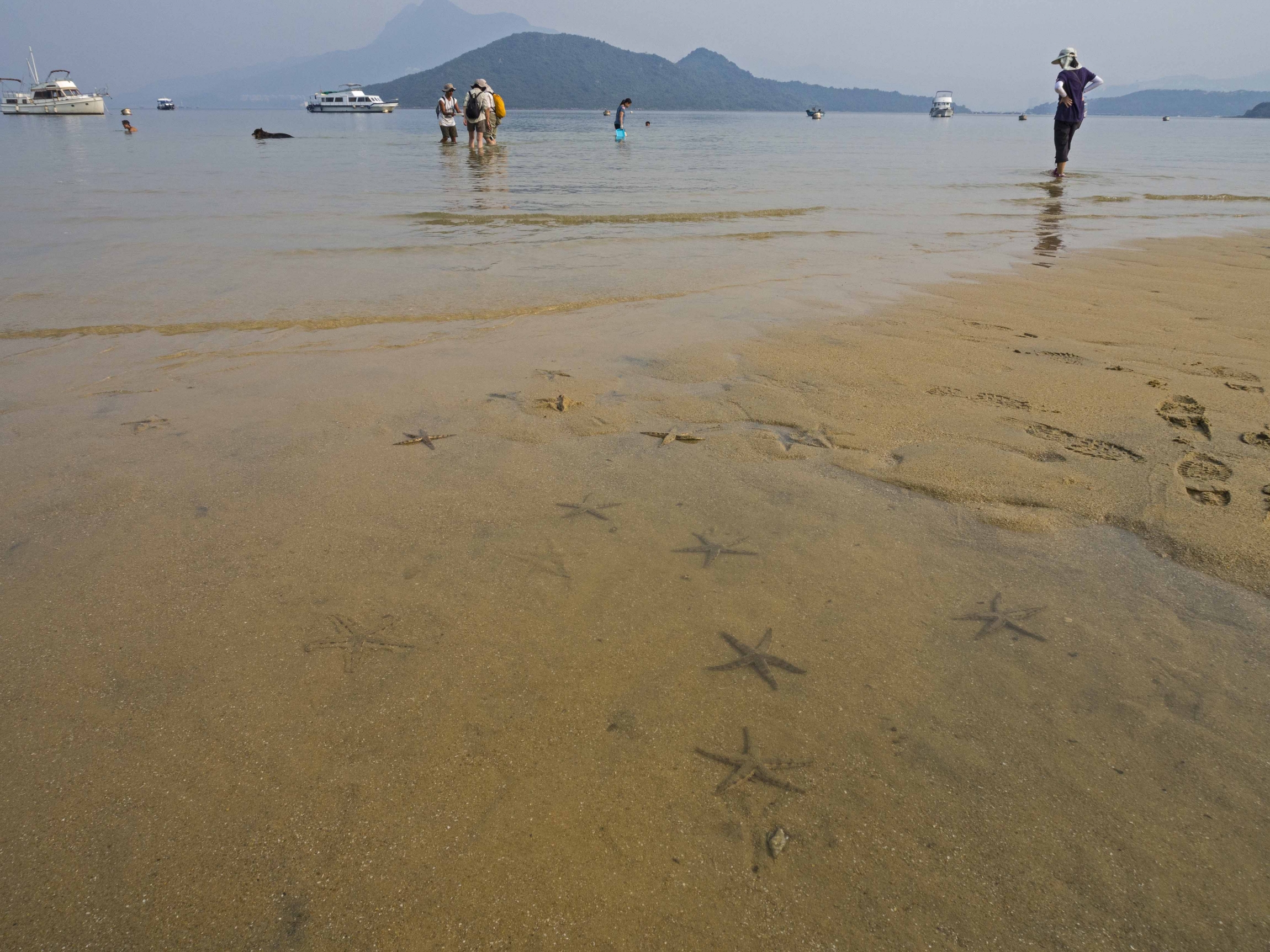
Since 2006, CA had stated our objection to building an artificial bathing beach in Lung Mei, Tai Po, but the project successfully passed the process of Environmental Impact Assessment (EIA) and town planning procedures on 21st November and 3rd December 2008 respectively. On 13th July 2013, Legco Finance Committee passed the budget of 208 million to build the bathing beach. While the construction was about to start, CA and various environmental and concerned groups mounted the Lung Mei conservation campaign, with elements like joint press conferences, petitions, establishing the Save Lung Mei Alliance and the Lung Mei Rally, urging the Administration to withdraw the plan.
On 25th October 2012, the Administration announced that the project would not be withdrawn and proposed the “Ting Kok Plus Conservation Plan” to engage interested groups to implement the Ting Kok Coastal ecological plan. CA criticized that the plan, claiming to protect Ting Kok as a whole, failed to include Lung Mei into the conservation plan. We therefore did not attend any meeting related to the “Ting Kok Plus Conservation Plan”.
In mid-October 2012, the Save Lung Mei Alliance confirmed that Lung Mei was the main habitat of the spotted seahorse (Hippocampus kuda). Agriculture, Fisheries and Conservation Department (AFCD) replied that spotted seahorse was “moderately abundant” in Hong Kong waters and Lung Mei was not the main habitat. The Administration planned to translocate all species to the adjacent Ting Kok East and clamied that a three-day trial of species translocation was successful. The Alliance noted that an exhibition board in Sai Kung Tsiu Hang Nature Education Centre states that the spotted seahorse was an “endangered marine fish”. We thus questioned that AFCD had lied to offer political service. Regarding “ecological translocation”, translocation is only practicable for moving mature marine organisms but not larval individuals and so would adversely affect the next generation of marine life. We were also discontent that AFCD failed to explain the detailed plan of ecological translocation, such as the purposes, schedule of translocating species, baseline study, impact on the existing community, assessment of receiving site, post-translocation monitoring, and so on. Claiming a successful translocation case, thus, lacks scientific evidence.
The tender of the Lung Mei project was supposed to be awarded in January 2013, but the Alliance wrote to the Administration in October 2012, urging for the withdrawal of Environmental Permit under Section 14 of Environmental Impact Assessment Ordinance. In response, the Administration would consider whether
Environmental Protection Department (EPD) would withdraw Environmental Permit before approving the project. The expiry date of the tender has been extended to June 2013.
Conservation activist Ho Loy applied for judicial review over the Lung Mei project and the Alliance supported her move. The case was heard in February 2014. Regrettably, the court dismissed the case in August 2014.

